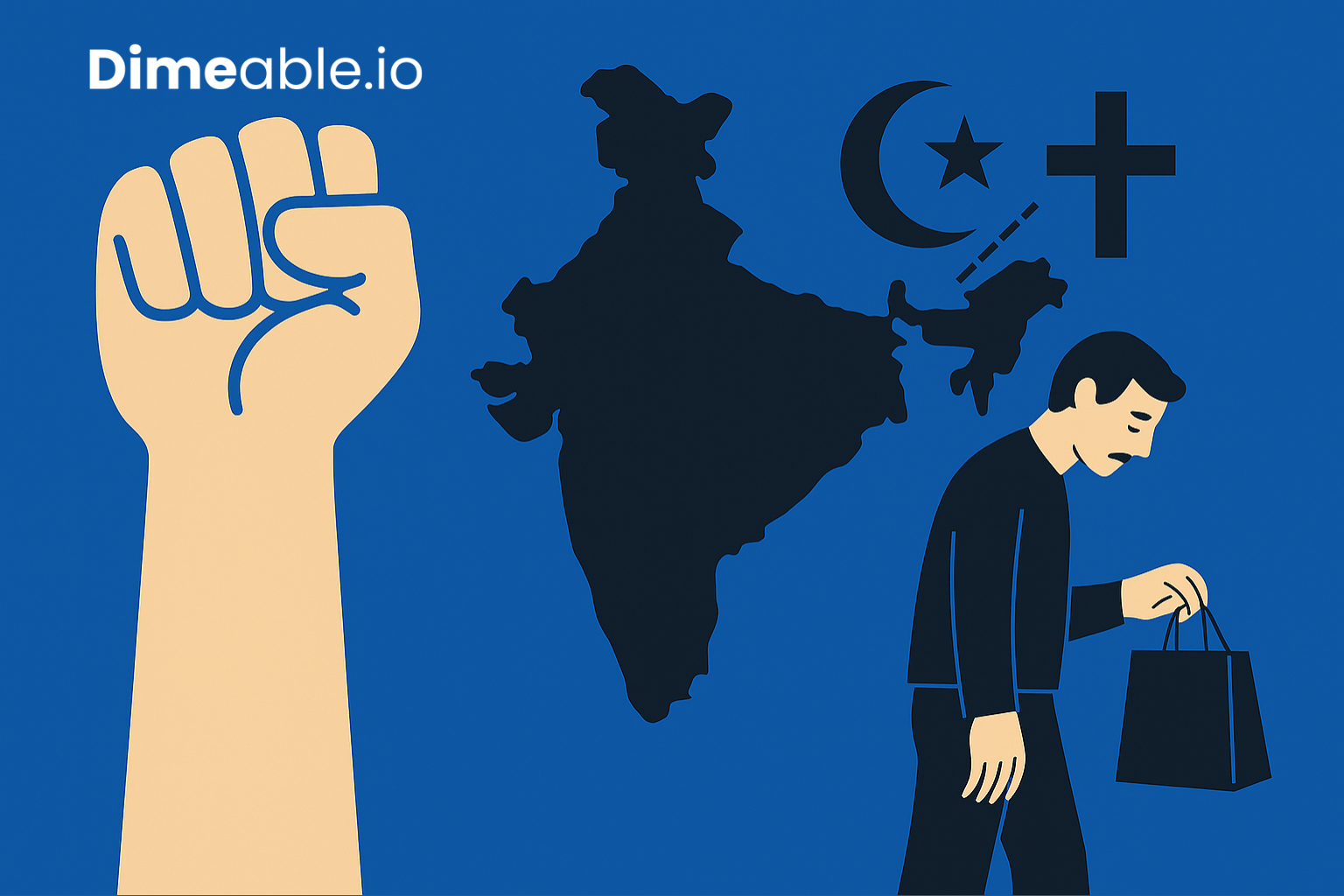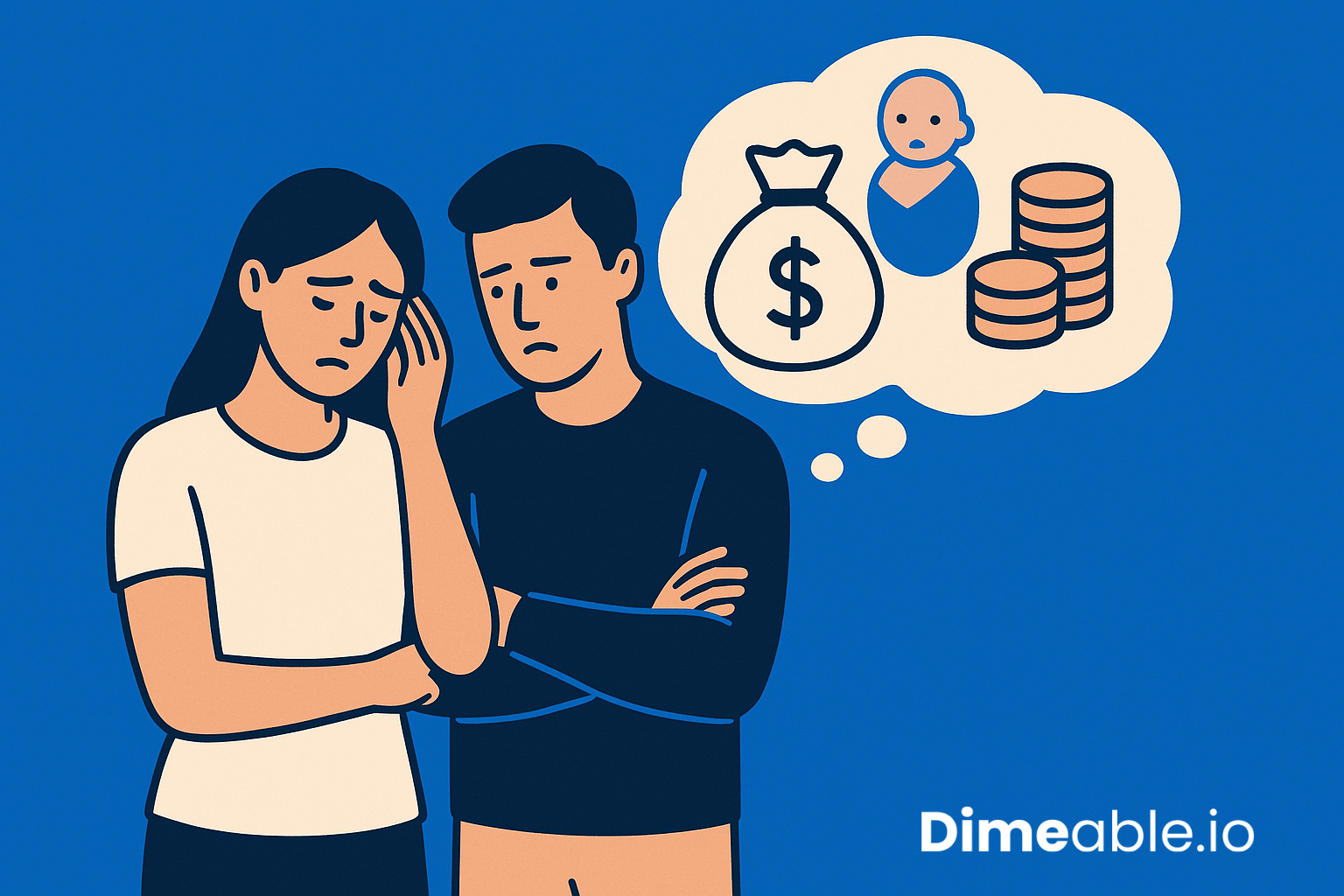A Quiet Morning Shattered
April 22, 2025 — Pahalgam, a place normally known for its misty valleys and snow-fed rivers, woke up to a nightmare.
Twenty-six innocent tourists, mostly families on a spring holiday, were killed in a brutal terrorist attack. The assailants, armed and heartless, singled out their victims based on religious identity — a chilling echo of humanity’s worst instincts.
Within hours, India’s national spirit — usually resilient, bruised but unbowed — was put to a different kind of test. Not from the terrorists, but from within.
Social media, that bustling town square of 21st-century India, was soon flooded. But not just with grief or calls for justice. Certain groups, particularly from right-wing corners, began pushing a different narrative: calls for an economic boycott of Muslim businesses and communities.
Not justice. Not unity.
Boycott.
The question is, at a moment that demands our highest ideals, why would we settle for our lowest impulses?
Condemnation Without Qualification
First, let’s make something unequivocally clear:
The terrorist attack was an act of pure evil, and the responsibility lies solely with the perpetrators.
Not the millions of Indian Muslims who woke up that day, went to work, said a prayer, paid their taxes, and — like every other Indian — hoped for a safer, better country.
In fact, within hours of the attack, Muslim organizations, leaders, and ordinary citizens across India issued strong, unconditional condemnations.
No ifs. No buts. No hedging.
From Delhi’s Jama Masjid to Mumbai’s business circles, from Kashmir’s moderate voices to Hyderabad’s cultural icons — the chorus was unanimous:
Terrorism has no religion, and terrorists have no place among us.
To expect a community to somehow “prove” their loyalty after every atrocity — while they, too, grieve as Indians — is not only unjust, it’s a slap in the face of India’s secular soul.
The Slippery Slope of Economic Boycotts
But let’s go deeper:
What happens if we listen to these calls for boycott?
The idea might seem appealing to a certain emotional, angered section of society: “Hurt those who might be connected to those people.”
Only, that’s not how reality works.
The first to be hurt won’t be wealthy businessmen or political power brokers. It will be:
-
The weaver in Bhiwandi struggling to sell his sarees.
-
The street vendor in Jaipur who sells samosas for ₹10.
-
The carpenter in Moradabad who repairs your furniture.
-
The driver who takes your kids to school.
People with no links, no protection, and no way to “explain” their innocence — because they have nothing to explain.
And when they lose their livelihoods, it isn’t just them who suffer.
It’s entire neighborhoods.
Entire cities.
The Indian economy itself.
Economic Fallout: Cutting Off Our Own Hand
You see, India’s economy isn’t a neat little patchwork of isolated communities.
It’s a living, breathing web of interdependence.
Imagine a cloth market in Surat — Hindu merchants, Muslim weavers, Sikh transporters. You think pulling one thread won’t unravel the whole fabric?
According to a 2024 Center for Economic Studies report:
67% of Muslim-owned businesses in India are small or micro-enterprises.
Economic segregation could cost India up to 4.7% of its GDP annually.
And here’s a kicker:
Foreign investors — those fabled bringers of jobs and technology — are allergic to instability.
Economic boycotts based on religion? Red flags waving all over Bloomberg terminals.
In other words, we wouldn’t just be punishing the wrong people.
We’d be punishing ourselves.
A Constitutional Betrayal
If we indulge economic boycotts, we’re not just hurting wallets.
We’re betraying the very document that holds India together — the Constitution.
Article 14: Equality before the law.
Article 19: Freedom to practice any profession.
Article 25: Freedom of religion.
Economic exclusion based on religion isn’t just “unfair” — it’s unconstitutional.
It goes against the hard-won, blood-earned dream of an India that belongs to everyone.
And remember: Terrorists don’t want India to stay united.
They thrive on division.
Every time we point a finger at an innocent fellow citizen because of their faith, we are doing exactly what the terrorists want.
Media and Manufactured Outrage

A chilling pattern emerges when you watch some primetime news debates post-Pahalgam:
Hours spent amplifying anger.
Minutes — if any — spent discussing national security improvements.
According to a Media Research Center study:
After major terrorist incidents in India over the last three years, divisive narratives received 15x more airtime than unity-driven responses.
Sensationalism sells.
Rationality… not so much.
When media channels fan the flames of communalism, they move the spotlight from intelligence failures, from border security lapses, from tough questions about governance — to easy scapegoating.
It’s lazy journalism.
It’s dangerous politics.
And it’s a tragedy we cannot afford to keep repeating.
The Power of Unity
History has a memory longer than any hashtag.
After 26/11, Mumbai didn’t boycott Muslim businesses.
It rebuilt itself — together.
Hindus, Muslims, Sikhs, Christians — Mumbaikars first.
Today, across India, campaigns like Shop for Harmony are gaining ground — encouraging people to buy from shops regardless of the owner’s religion, as a statement of solidarity.
Because here’s the simple truth:
Hatred shrinks economies.
Unity grows them.
A Call to Higher Patriotism
Justice demands that the perpetrators of the Pahalgam attack be hunted down, tried, and punished to the full extent of the law.
But justice is not served by hating the innocent.
Justice is not served by boycotting your neighbor’s shop.
True patriotism, the kind that built this nation, demands more:
-
It demands upholding law, not mob rule.
-
It demands protecting the innocent, not scapegoating them.
-
It demands unity in the face of terror, not division.
In the words of Shivshankar Menon, former NSA:
“When we target entire communities, we fulfill the terrorists’ dream. The real victory is standing together, not apart.”
Conclusion
Pahalgam broke our hearts.
It should not break our nation.
Calls for economic boycotts are not justice. They are injustice dressed in anger’s clothing.
In these defining moments, India must remember who she is:
A nation too big for hate.
A dream too precious for division.
A promise too sacred to break.
We owe that to the victims.
We owe that to each other.
We owe that to the India we are still building — one act of courage, one act of unity, at a time.”
Also Read: The Indian Senior Citizen: Dying Rich but Not Living Rich



